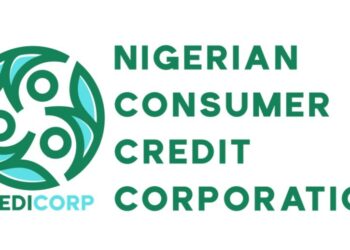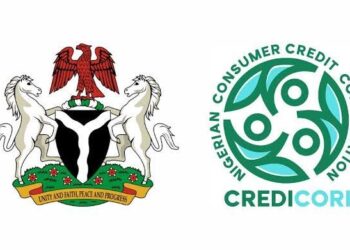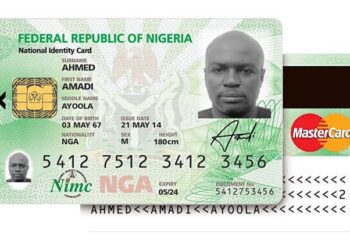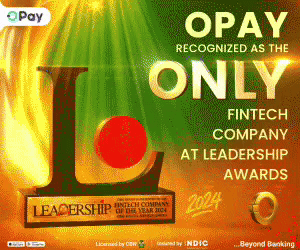The Nigerian Consumer Credit Corporation (CREDICORP) is set to commence operations, and the presidency is asking eligible Nigerians to apply for consumer loans before May 15th.
It’s a good idea as the CREDICORP will “strengthen Nigeria’s credit reporting systems, ensuring every economically active citizen has a dependable credit score”. It also “offers credit guarantees and wholesale lending to financial institutions.”
However, its allocation in the 2024 budget is “just” N100 billion or about $85 million. But is that sufficient capital?
For context, Consumer credit, according to data from the Central Bank of Nigeria’s (CBN) quarterly economic reports, is put at about N3.05 trillion as of Q3 2023. Personal loans constitute 74.8% of total consumer credit reported.
So, the materiality of N100 billion capital is called into question. The Minister of Budget and National Planning, Sen. Atiku Bagudu, said that the fund is intended to be “catalytic” and drive consumption to boost the manufacturing sector in Nigeria. However, these are tall dreams for N100 billion.
The credit market in Nigeria is enormous; according to a 2023 survey by Enhancing Financial Inclusion and Access (EFInA). Thirty-two per cent of Nigerian adults, approximately 39 million individuals, rely on informal sources for financial assistance.
The market size for consumer credit in Nigeria is estimated by Stears at $2.1 billion, with an additional $621 million in untapped potential within the informal borrowing segment.
However, the CREDICORP is partnering with various financial institutions in Nigeria, including the Central Bank of Nigeria (CBN), so that the actual consumer credit fund can be sourced separately and funded from other sources, including the private sector – at least that’s the hope.
Secondly, what is the role of the CREDICORP? Are they direct lenders or guarantors? The message from the Presidency is asking eligible Nigerians to register for credit, starting with civil servants. This is an important question as the CREDITCORP says it will offer wholesale lending.
So why should civil servants or anyone apply for loans directly from it? I personally believe the approach that works is to derisk the consumer credit value chain in Nigeria by guaranteeing consumer credit and also buying up consumer loans issued by Nigerian corporates as well.
This has the effect of incentivizing the various financial institutions like the banks and FINTECH to not just offer consumer loans but single-digit consumer loans as the risk of default is taken off the table.
Still, this is a major and positive policy initiative, and it will take time for its operations to become fine-tuned.




















